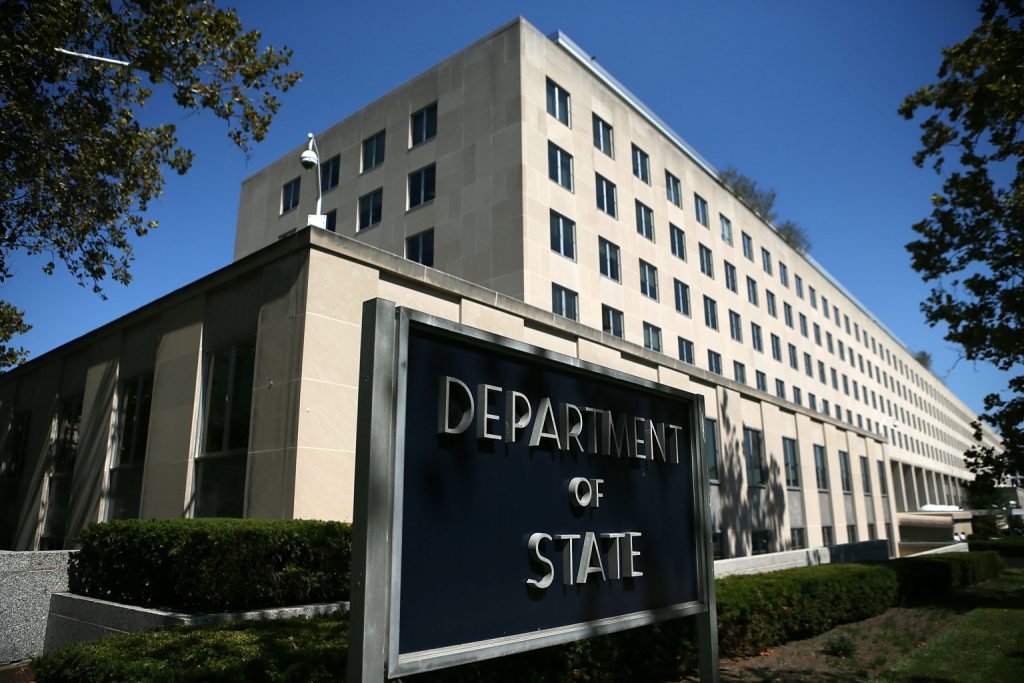
“Business and investment conditions are sound. Georgia favorably compares to regional peers,” reads the report of the U.S. Department of State on the 2023 Investment Climate in Georgia.
Based on the report, transit and logistics are priority sectors as Georgia seeks to benefit from increased East -West trade through the country.
“While it is susceptible to global and regional shocks, the country has made sweeping economic reforms since 1991 that have produced a relatively well-functioning and stable market economy. Average growth rate was over five percent from 2005 through 2022, and Georgia’s rankings in global business, governance, corruption, and other indexes have steadily improved. Georgia ranked twenty sixth in the Heritage Foundations’ 2022 Economic Freedom Index and 45th in Transparency International’s Corruption Perception Index. Fiscal and monetary policy are focused on low deficits, low inflation, and a floating real exchange rate.
The COVID-19 pandemic placed significant pressure on the domestic currency and local economy, and Georgia’s economy contracted six percent in 2020. Despite this, Georgia’s economy rebounded in 2021, with 10.4 percent growth and continued to outperform expectations in 2022, with 10.2 percent growth. The IMF attributed this strong economic performance to tourism revenues, a surge in war-related immigration and financial inflows, and a rise in transit trade through Georgia. These factors have also lifted fiscal revenues, strengthened the current account balance and the lari, and supported reserve accumulation. Inflation remains elevated, reflecting high commodity prices and strong domestic demand. Growth and inflation are expected to moderate in 2023 with subsiding external inflows, less favorable global economic and financial conditions, smaller fiscal deficits, and a sound monetary policy stance.
Overall, business and investment conditions are sound, and Georgia favorably compares to regional peers. However, there is an increasing lack of confidence in the judicial sector’s ability to adjudicate commercial cases independently or in a timely, competent manner, with some business dispute cases languishing in the court system for years. Other companies complain of inefficient decision-making processes at the municipal level, shortcomings in the enforcement of intellectual property rights, lack of effective anti-trust policies, accusations of political meddling, selective enforcement of laws and regulations, including commercial laws, and difficulties resolving disputes over property rights. The Georgian government continues to work to address these issues, and despite these remaining challenges, Georgia ranks high in the region as a good place to do business.
Both countries signed a Bilateral Investment Treaty in 1994, and Georgia is eligible to export many products duty-free to the United States under the Generalized System of Preferences program.
Georgia suffered considerable instability in the immediate post-Soviet period. After regaining independence in 1991, civil war and separatist conflicts flared up along the Russian border in the Georgian territories of Abkhazia and South Ossetia. In August 2008, tensions in the region of South Ossetia culminated in a brief war between Russia and Georgia. Russia invaded and occupied the Georgian territories of Abkhazia and South Ossetia. Russia continues to occupy these Georgian regions, and the central government in Tbilisi does not have effective control over these areas. The United States supports Georgia’s sovereignty and territorial integrity within its internationally recognized borders and does not recognize the Abkhazia and South Ossetia regions of Georgia as independent. Tensions still exist both inside the occupied territories and near the administrative boundary lines, but other parts of Georgia, including Tbilisi, are not directly affected.
Transit and logistics are priority sectors as Georgia seeks to benefit from increased East -West trade through the country. The Baku-Tbilisi-Kars railroad has boosted Georgia’s transit prospects and the government has looked for ways to enhance trade. Georgia has long aimed to capitalize on its strategic location on the Black Sea by becoming an East-West transit and trade corridor for goods and energy. The expanding Central Asian market has driven recent increases in cargo through this “Middle Corridor,” as the northern route through Russia is now considered riskier. In February 2023, the Georgian government announced plans to open a new tender for the development of a deep sea Anaklia Black Sea Port (which was previously canceled by the government in 2020).
The private sector continues to invest in port and logistics infrastructure to attract cargo. In 2021, logistics companies completed two new terminal projects in Batumi and Poti ports. In 2020, the owner of Georgia’s largest port, Poti Port on the Black Sea, announced its plans to create a deep-water multipurpose port which it is currently pursuing.
Expropriation disputes are not common in Georgia, although under the previous government there were cases of property transfers that lacked transparency and allegedly were implemented under coercion,” reads the report.





